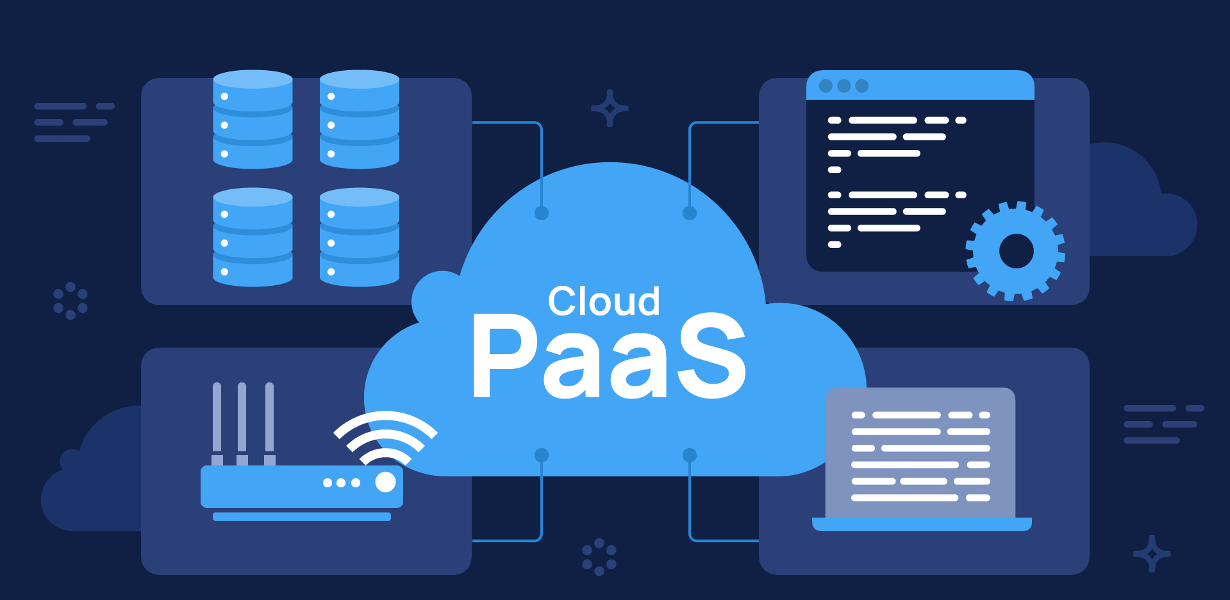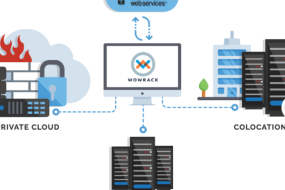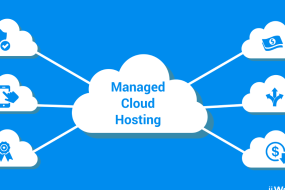
Welcome to our comprehensive beginner’s guide to Platform as a Service (PaaS). In this article, we will delve into the world of PaaS and explore its significance in the realm of web hosting and cloud computing. By the end of this guide, you will have a clear understanding of what PaaS is and how it can revolutionize your business operations. Let’s embark on this journey and unlock the potential of Platform as a Service.
Demystifying Platform as a Service (PaaS)
Platform as a Service (PaaS) is a cloud computing model that provides developers with a platform to build, deploy, and manage applications without the complexity of infrastructure management. PaaS offers a comprehensive set of tools, libraries, and frameworks that facilitate the entire software development lifecycle. With PaaS, developers can focus on writing code and creating innovative applications without worrying about the underlying infrastructure.
The Advantages of Platform as a Service (PaaS)
Rapid Application Development
PaaS enables rapid application development by offering pre-configured environments and ready-to-use components. Developers can leverage a wide range of tools, frameworks, and APIs to accelerate the development process. With PaaS, you can reduce time-to-market and quickly iterate on your applications, giving you a competitive edge in today’s fast-paced digital landscape.
Scalability and Flexibility
One of the key benefits of PaaS is its inherent scalability and flexibility. PaaS platforms provide auto-scaling capabilities, allowing your applications to handle increased traffic and demand seamlessly. With the ability to scale up or down on-demand, you can optimize resource utilization and cost efficiency.
Cost Optimization
PaaS eliminates the need for upfront infrastructure investments and ongoing maintenance costs. With a pay-as-you-go pricing model, you only pay for the resources and services you use. This cost optimization allows startups and small businesses to access enterprise-grade infrastructure without a hefty price tag.
Actionable Tips for Maximizing Your PaaS Experience
- Choose the Right PaaS Provider: When selecting a PaaS provider, consider factors such as reliability, scalability, security, and available services. Look for a provider that aligns with your specific business requirements and offers a comprehensive set of tools and services to support your application development journey.
- Design for Scalability: Take advantage of the scalability features offered by your PaaS provider. Design your applications to be horizontally scalable, allowing them to handle increased traffic and demand without sacrificing performance. Leverage features like auto-scaling and load balancing to ensure seamless scalability.
- Implement Robust Security Measures: Security is paramount when leveraging cloud-based services. Implement best practices such as secure coding, encryption, and access controls to protect your applications and data. Regularly audit your security measures and stay updated on the latest security vulnerabilities and patches.
Frequently Asked Questions
FAQ 1: What exactly is Platform as a Service?
Platform as a Service (PaaS) is a cloud computing model that provides developers with a platform to build, deploy, and manage applications without the complexities of infrastructure management. It offers a range of tools, frameworks, and services to streamline the development process.
FAQ 2: How does PaaS differ from other cloud computing models?
PaaS differs from other cloud computing models such as Infrastructure as a Service (IaaS) and Software as a Service (SaaS). While IaaS focuses on providing virtualized infrastructure resources and SaaS delivers ready-to-use software applications, PaaS focuses on offering a platform for developers to build and deploy their own applications.
FAQ 3: Is PaaS suitable for small businesses?
Absolutely! PaaS is a great fit for small businesses as it eliminates the need for upfront infrastructure investments and ongoing maintenance costs. It provides access to scalable and flexible infrastructure, empowering small businesses to innovate and compete in the digital landscape.
FAQ 4: Can I integrate my existing applications with PaaS?
Certainly! PaaS allows seamless integration with existing applications. You can leverage the platform’s compatibility and flexibility to migrate and integrate your applications smoothly.
FAQ 5: What are the security considerations with PaaS?
While PaaS providers offer robust security measures, it is important to implement additional security measures to protect your applications and data. Utilize encryption, access controls, and regular security audits to ensure the integrity and confidentiality of your information.
Conclusion
Congratulations! You have now gained a comprehensive understanding of Platform as a Service (PaaS) and its benefits. By harnessing the power of PaaS, businesses can accelerate their application development, scale effortlessly, and optimize costs. Remember to choose the right PaaS provider, design for scalability, and implement robust security measures to maximize your PaaS experience. Embrace the potential of Platform as a Service and propel your business to new heights in the digital era.
Advertisement







